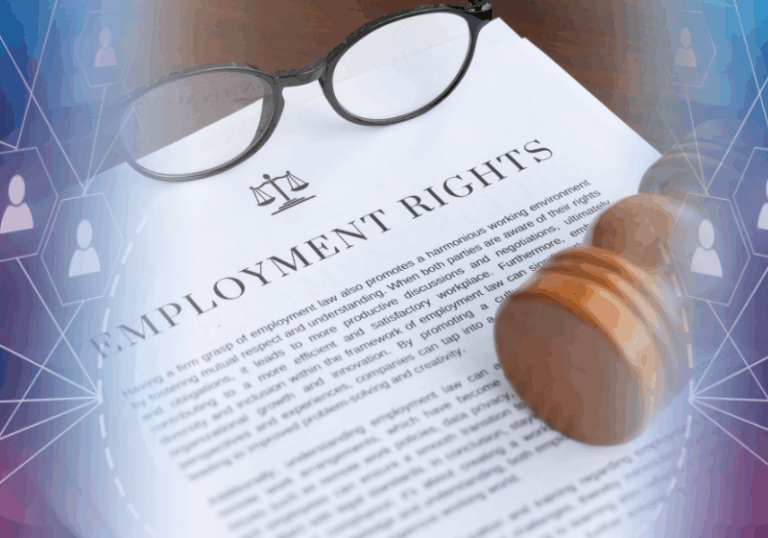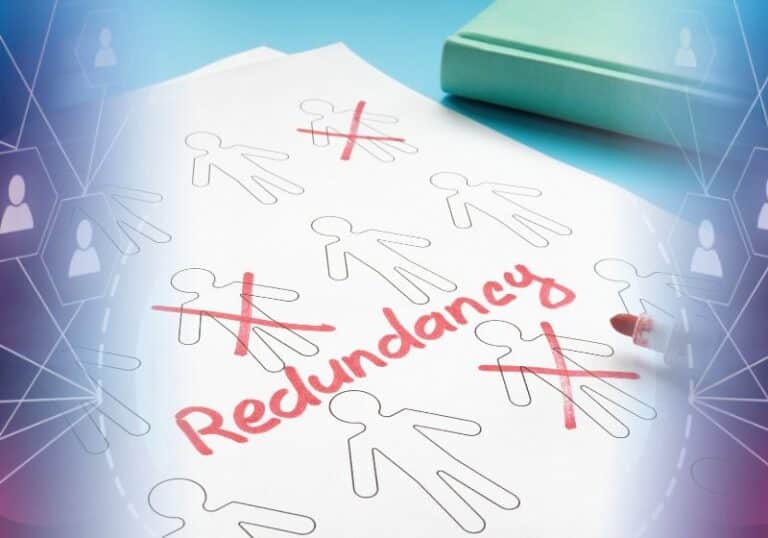National Minimum Wage and National Insurance Changes 2025

As a business owner, keeping up with changes in employment law can feel like a never-ending task. With the upcoming increases in the National Minimum Wage and changes to National Insurance, small businesses need to be prepared. To help break this down, I sat down with Shirley, our expert payroll administrator to discuss what these changes mean and what businesses should do now to stay ahead.
This is what Shirley had to say: The government recently announced changes to the National Minimum Wage (NMW) and National Insurance (NI).
What are the key updates that small businesses need to be aware of?
Shirley: “That’s right—big changes are coming. From April 2025, the National Minimum Wage is increasing across all age groups. The most significant adjustment is the rise in the National Living Wage, which will now apply to workers aged 21 and over. If you employ staff on minimum wage, this will have a direct impact on your payroll.
And let’s not forget National Insurance! There’s a reduction in contributions for both employees and the self-employed, which should provide some relief. However, small businesses need to plan ahead to manage these cost implications effectively.”
That sounds like a lot for business owners to think about.
How will these wage increases affect small businesses?
Shirley: “Exactly—it’s a balancing act. On one hand, higher wages mean increased payroll costs, which could squeeze profit margins. On the other hand, it’s important to remain competitive in attracting and retaining staff. Business owners need to review their budgets carefully and consider whether price adjustments or efficiency improvements are necessary.
What are the new National Minimum Wage rates?
Shirley: “The new rates, effective from April 2025:
- National Living Wage (21+): £12.21 per hour (increase from £11.44)
- 18–20-year-olds: £10.00 per hour (increase from £8.60)
- 16–17-year-olds: £7.55 per hour (increase from £6.40)
- Apprentices: £7.55 per hour (increase from £6.40)
It’s essential that employers check these new figures and update their payroll systems accordingly.
National Insurance is also changing. How does that benefit small businesses?
Shirley: “The reduction in NI contributions is good news. It means businesses will see some savings on employer contributions, which could help offset rising wage costs. Employees will also have a little more in their take-home pay, which might ease cost-of-living pressures and support consumer spending—potentially good news for businesses in retail and hospitality.”
So what should businesses do now to prepare for these changes?
Shirley: “Small business owners should take action now rather than wait until April. Here are five key steps to get ready:
- Review Payroll & Budgets – Factor in wage increases and assess their impact on overall profitability.
- Update Contracts & Systems – Make sure employment contracts and payroll software reflect the new rates.
- Communicate with Staff – Keep employees informed about upcoming changes to wages and NI contributions.
- Assess Cash Flow – Ensure there’s enough financial flexibility to accommodate these increases.
- Seek Professional Advice – If you’re unsure how these changes affect you, an HR or payroll expert can provide guidance.
Many businesses that I have spoken to have shared their concerns that the latest increase in the national minimum wage and the increase in NI Contributions is a step too far. What if, after assessing their finances, should a business owner do if they simply cannot afford these increases?
Shirley: That’s a really good question and a real concern for many small business owners. If it looks like the increases will be unsustainable, there are a few options to consider:
- Review Staffing Levels & Hours – Could adjustments be made to scheduling to reduce overall costs?
- Increase Prices – If feasible, revisiting pricing structures could help balance the books.
- Improve Efficiency – Look for areas where processes can be streamlined to save costs.
- Utilise Government Support – There may be grants or tax reliefs available to help with business sustainability.
- Consult an HR Expert – If restructuring is necessary, getting professional advice ensures compliance with employment law.
- Communicate with Staff – Keeping employees in the loop about changes and potential impacts can help maintain morale and trust.
Some business owners, may want to put their head in the sand but this is not a good strategy, so what are the risks of not complying with the new NMW rates?
Shirley: Putting your head in the sand is definitely not the a good strategy as the risks are significant. Businesses that fail to pay the correct minimum wage could face penalties, fines, and reputational damage. HMRC actively enforces compliance, and non-compliant businesses risk being publicly named. It’s really not worth the risk—getting it right now will save a lot of trouble down the line. HMRC actively publish the names of businesses who don’t comply and there is nothing worse for public relations and reputation to be ‘named and shamed’ by HRMC.
Finally, where can small businesses turn for support?
Shirley: “If you need guidance on how these changes will impact your business, HR:4UK is here to help. We offer expert advice on payroll, employment law compliance, and workforce planning. Get in touch with us today, and we’ll help ensure you stay on top of these changes.”
Shirley Evans
Shirley is our head of payroll, and boasts over 20 years’ experience delivering the best results, time and again.




